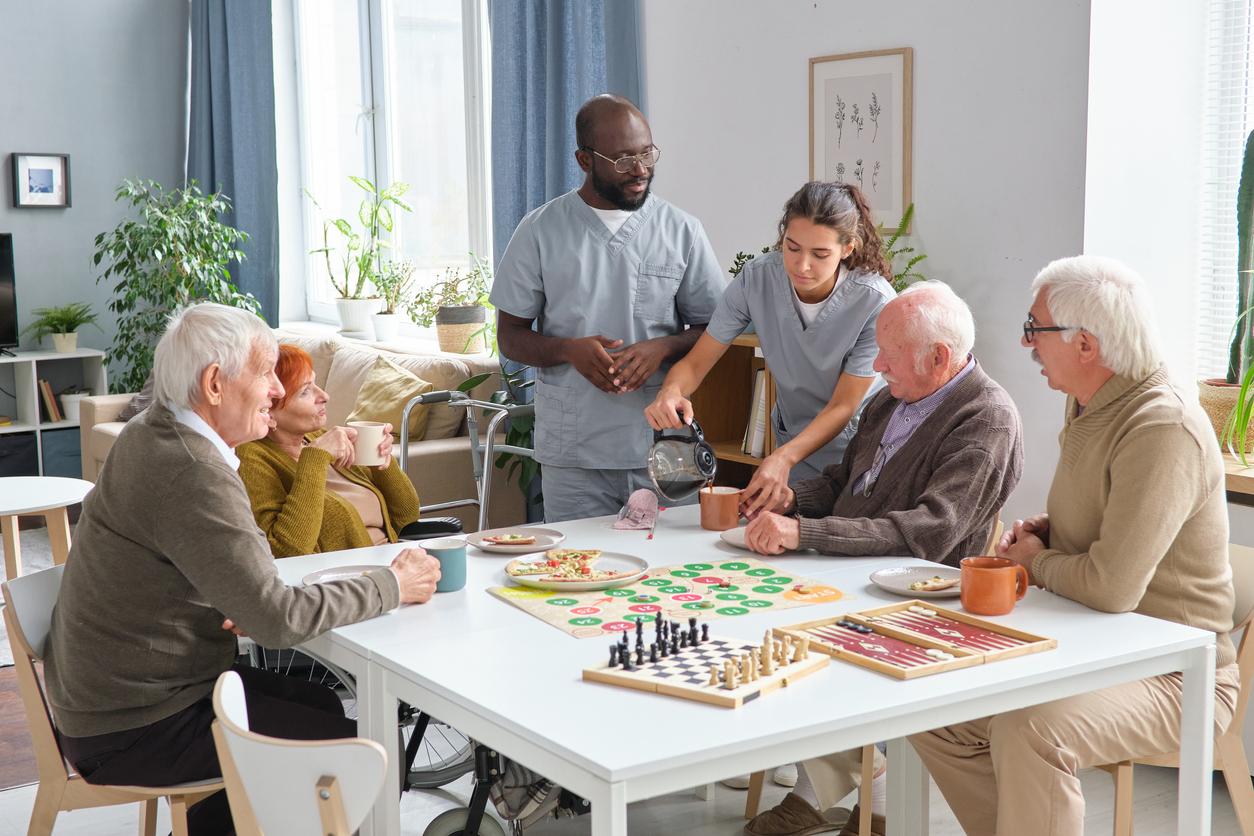26 euros for general practitioners and 28 euros for specialists. A decree fixes the fees for telemedicine consultations and the reasons for consultation.

Telemedicine is gaining momentum. The Ministry of Health has just published a decree in the Official Journal. It broadens access to this remote consultation service. Applicable since May 10, the text also fixes the remuneration of the various health professionals who will intervene in this process.
4 consultation situations
The first part of the telemedicine experimentation program, entitled Stages, was launched in April 2015. It then concerned people with chronic or complex wounds. With this new decree, the ministry opens these remote consultations to patients suffering from long-term illnesses (ALD) or living in a medico-social structure. However, it sets an imperative: the reason for the consultation must be related to the disease and the patient must not be hospitalized.
Four situations open up access to telemedicine, and are part of the patient’s care path. The first concerns a diagnostic consultation, in conjunction with the attending physician. Its objective is to offer a care program. Still in this monitoring perspective, the decree includes “planned and scheduled” acts within the framework of this support.
However, it does not exclude acts which fall outside this course if they are prescribed by the attending physician. The last situation is an emergency in nursing homes: telemedicine is indicated after a call from center 15 if there is a suspicion of an infarction, cardiac arrhythmia, blood sugar abnormalities or anxiety-depressive disorder.
9 regions initially
These consultations will of course be remunerated. The decree fixes the fees. Unsurprisingly, general practitioners will receive less than specialists: their teleconsultation will be 26 euros against 28 euros for a specialist and 43.7 euros for a psychiatrist. But to be reimbursed, these remote medical appointments must not give rise to an overrun. Doctors will also have the obligation to accept third-party payment and not to impose co-payments on their patient.
In total, nine pilot regions will be able to authorize telemedicine to their health professionals: Alsace, Lower Normandy, Burgundy, Center-Val-de-Loire, Haute-Normandie, Languedoc-Roussillon, Martinique, Pays-de-la-Loire, and Picardy.
At the end of the experiment, more than 2.5 million patients should be affected by the Stages program, according to the Ministry of Health. “Marisol Touraine will very soon announce the outlines of a strategy for e-health by 2020 to support the modernization of our health system,” he announced in a press release.
.













